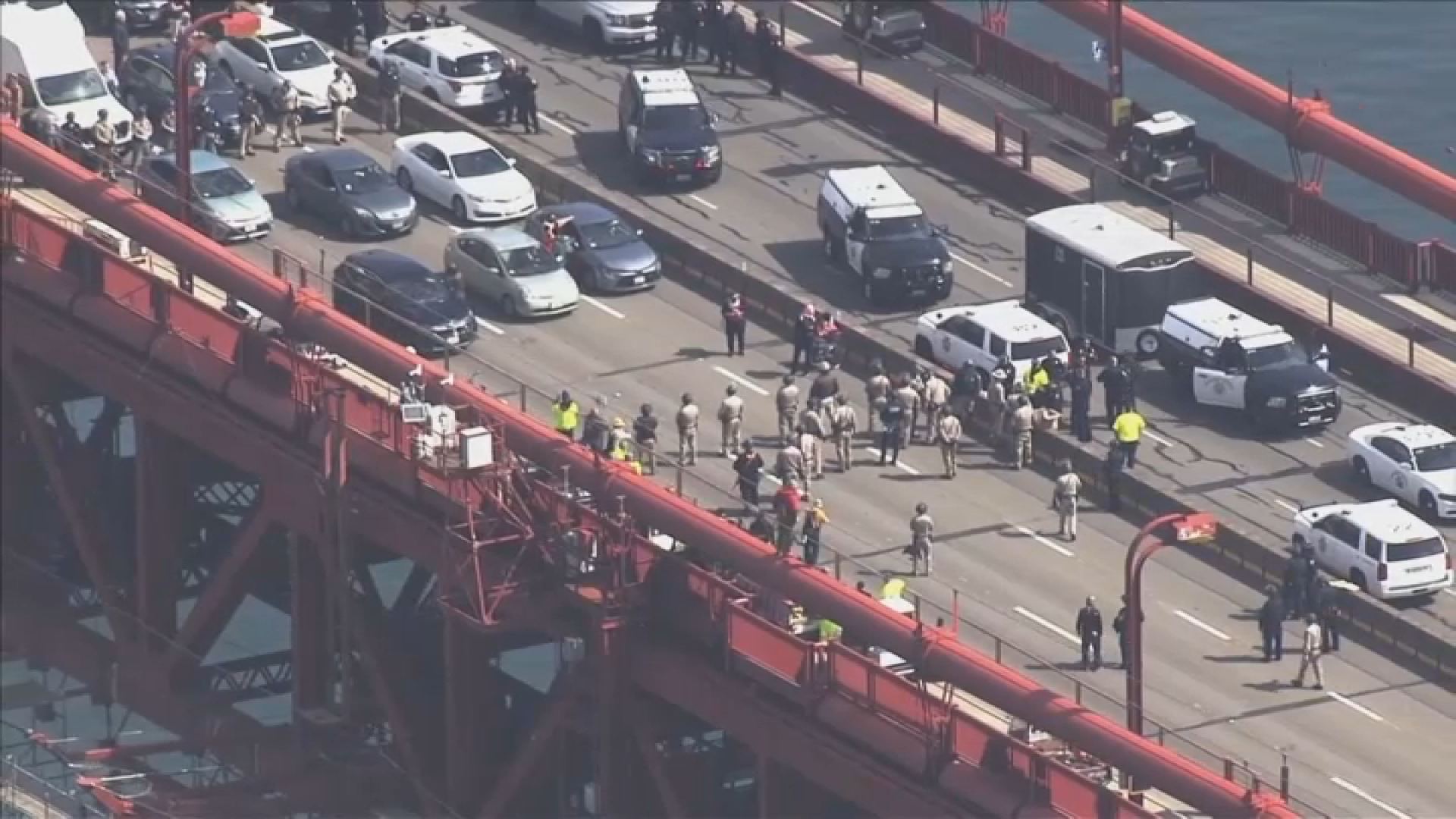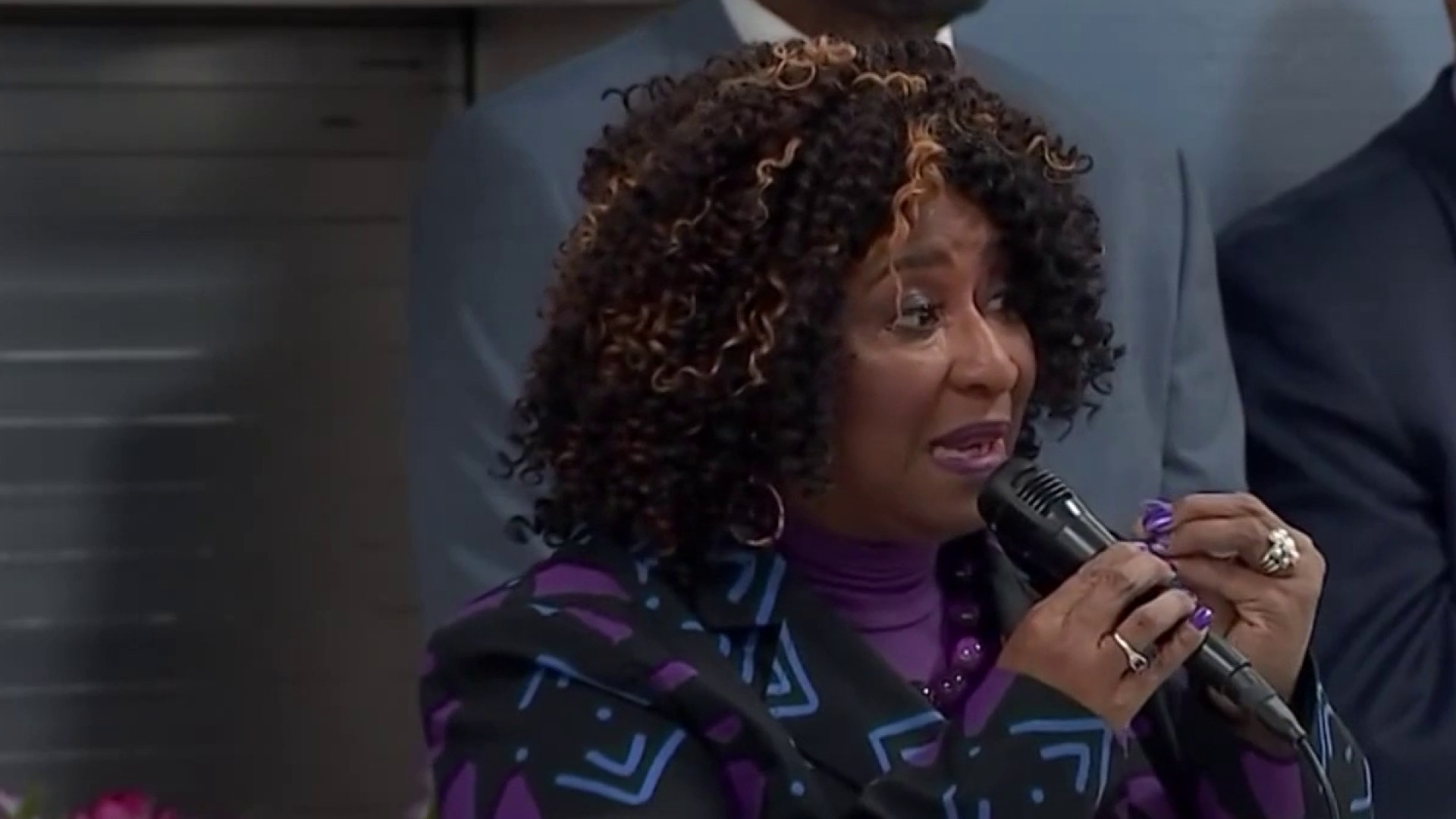The acting chief of the San Jose Fire Department is calling for significant changes regarding exposure reduction and early detection of diseases such as cancer in firefighters, following an NBC Bay Area investigation.
“I have committed that in our department we start moving forward and making sure that we understand the causes of cancer,” interim chief Ruben Torres said.
In December, NBC Bay area uncovered a troubling history of a firehouse in the industrial part of the city, which firefighters for decades have called “the cancer station.”
Watch the original investigation: San Jose Fire Department to Investigate Cancer Station
Local
Our investigation found that at least 16 firefighters who spent a significant period of time assigned to station five had since been diagnosed with different types of cancer. We questioned why the SJFD administration hadn’t conducted its own investigation into these cancer cases—despite the urging of firefighters.
Torres knows that connecting cancers to a specific fire station is difficult, and that cancer clusters are rare. But he says data and firefighter testimonials uncovered in the NBC Bay Area Investigation made him realize that his department has done nothing to understand the reputation of station five and nothing to track cancers among San Jose firefighters.
Now, that’s changing.
“If there is anything we can do to screen and get out ahead of it—that’s something I would want to accomplish,” Torres said.
Since our report first aired, he has assigned his staff to review and research the department’s policies and procedures. The research has led to recommendations that firefighters use higher-level respiratory protection for longer periods of time during fires as a way to reduce chemical exposure. He has also proposed improvements to the way the department monitors cancer causing substances during fires, and the way firefighters decontaminate gear after fires.
Additionally, Torres hopes to mirror a cancer-tracking program currently in place at the San Francisco Fire Department.
Tony Stefani, a retired San Francisco firefighter, lead the charge for a program that regularly collects data about each firefighter’s work history, monitors chemical exposures at the scene of each fire and tries to identify cancer in its earliest stages.
“We’re dealing with a toxic environment,” Stefani said. “Without a doubt, firefighters are contracting cancer because of the exposures they are getting.”
After 28 years with the SFFD, much of it as the captain of a rescue squad at station one—the city’s busiest firehouse—Stefani was diagnosed with a rare form of kidney cancer in 2001. In 2006, he started the San Francisco Firefighters Cancer Prevention Foundation, a nonprofit which raises money for cancer awareness and coordinates regular cancer screenings for firefighters.
“Through the screenings we’ve offered, we’ve caught six firefighters—five retired and one active—with various forms of cancer,” Stefani said.
The San Francisco Fire Department is also part of a multi-year study conducted by the National Institute for Occupational Safety and Health (NIOSH) at the Centers for Disease Control, which examines cancer rates in firefighters. The study analyzed cancers and cancer deaths among nearly 30,000 firefighters in the San Francisco, Chicago and Philadelphia fire departments who were employed since 1950.
“It did show that we have higher rates of cancer than the population in general and each department has different cancers that are a little more elevated than others,” Stefani said. “So the correlation—the link is there.”
Phase-two of the NIOSH study currently underway examines employment records from the three fire departments to determine whether occupational exposures at fires correlates to cancer. Researchers will consider what firehouse each firefighter was assigned to, and to how many fires each engine company responded.
Torres says he wants his city to partner with a research group to study San Jose firefighters—both active and retired—for the prevalence of cancer. He says city administrators are reviewing his proposal and that he will bring final recommendations SJFD senior leadership in the next few months.
“You can’t put a dollar amount on firefighters,” Torres said. “From my position it’s whatever it costs to make sure they are safe.”
If you have a tip for the Investigative Unit email theunit@nbcbayarea.com or call 888-996-TIPS.



